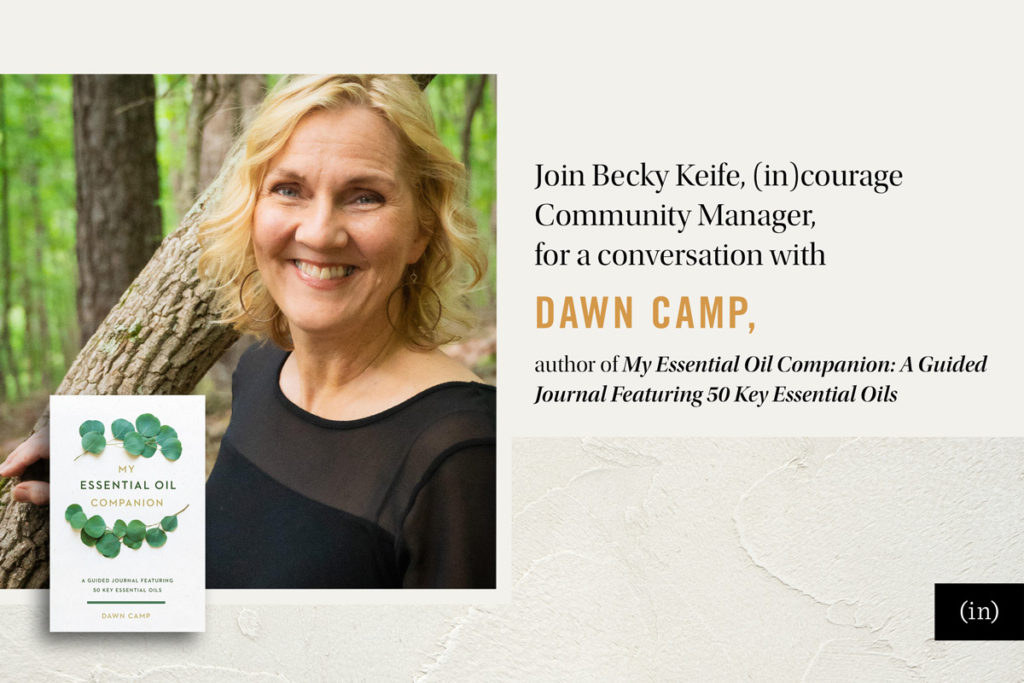This summer I was hanging out with a new friend while our girls swam together at the pool. She shared about her job and how she keeps googling these ideas she has and wondering why the methods she uses don’t already exist. She was looking for confirmation she wasn’t crazy, and because the beauty she creates isn’t already out there, my friend assumed it was weird or that she was weird.
Instead of seeing the opportunity to be the one to bring her idea to the table, flesh it out, and improve life through it, she assumed she was wrong because it hadn’t been done before.
I found myself saying to my friend, “You are equipped because you’re called by our Father. And we need your kind of special, no matter how ordinary or different you think it is.”
Being an outside observer, I could see the opportunity for my friend. I guess you could call that my “weird.” I love helping others see what God is doing in their lives and explore how they can use the gifts they had overlooked in themselves. I get to use this skill in my podcast, my business coaching, and with my marketing clients.
To me, it was obvious that my friend had gifts no one else had and how her special kind of different could make a big impact in the kingdom of God in a way no one else was doing. But it was hard for my friend to see and accept that something she did every day without thinking was part of her calling. We talked about how sometimes it’s hard not to think we’re strange or crazy, maybe even arrogant, to think we can be the change we really want to experience. However, this very real struggle is a sign post to remind each of us how God created us with unique insights and gifts for a specific purpose.
I can so relate to my friend’s feelings. Throughout my career and ministry, I’ve known I’m not like many others. For the longest time I didn’t know how I fit in in the spaces that were already created, and I thought maybe something was wrong with me.
Being set apart has not always been an enjoyable experience. And what I’ve thought was common sense because it came naturally to me was actually revolutionary to others. It took a long time and a lot of good friends and peers speaking into my life for me to finally embrace my differences and to see my “weird” as good.
God helped me change the way I view myself by teaching me not to compare myself to others. Instead, I need to look for the thing that sets me apart or makes me special in how He made me and then go do that with Him. In business, we call it our specialty. In writing, we call it our niche. In family, we call it our role. In life, we call it our calling.
What we long for in situations is validation for how we are wired, our passions, and our work. We can quickly talk ourselves out of the very thing that God designed us to do because we don’t see it around us. But God made you special. He wants you to use the talents and gifts He gave you that you think are common but are really what’s missing in the world.
You might still be thinking to yourself, “But I don’t know what I’m doing! No one I know has ever done this before!”
I realize some of that statement could probably be true. But that doesn’t mean God isn’t asking you to do it anyway. With Him leading and instructing you as you go, you are equipped because you are called by our Father.
God has called plenty of women just like you to do things that have never been done before by a woman. They were each the first. No one had ever been a(n):
- Mother like Eve
- Worship leader like Miriam
- Judge and prophet like Deborah
- Queen-to-the-rescue like Esther
- Evangelist like Mary Magdalene
- Business leader funding missions like Lydia
- Teacher of the gospel like Priscilla
None of these women were weird. Each of them were simply called and empowered by God to do what He had already planned for them to accomplish with Him.
You’re not weird. You’re the one who’s called to do the thing you’re passionate about — those desires planted on purpose by your Creator. And the rest of us desperately need you not to be embarrassed or feel less than or compare your calling to anyone else’s. Just like I told my friend, we need your kind of special, and many will be blessed by it.
Friend, you’re not weird. You’re the one to do the very thing you think you can’t. God made you just for it!


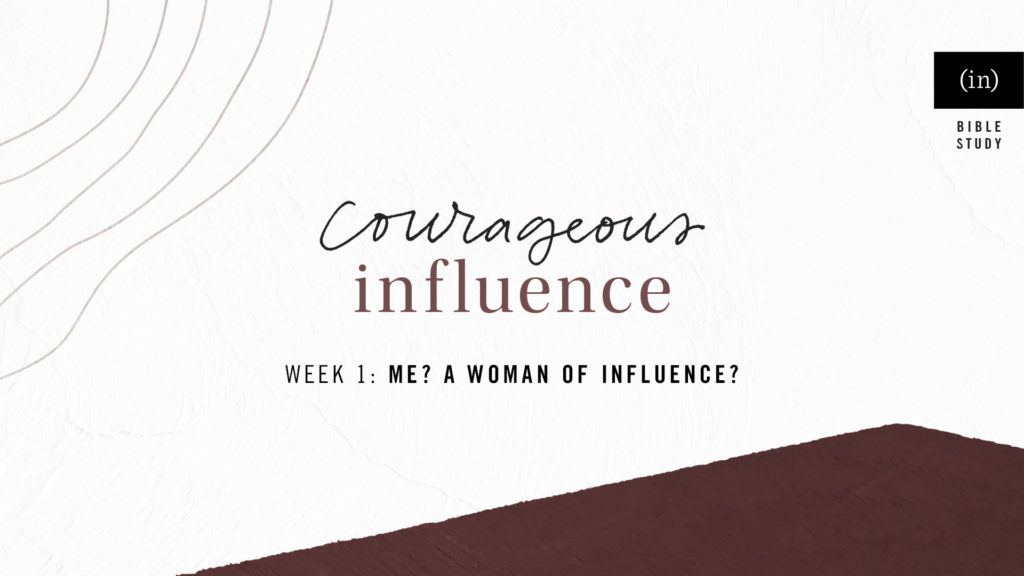
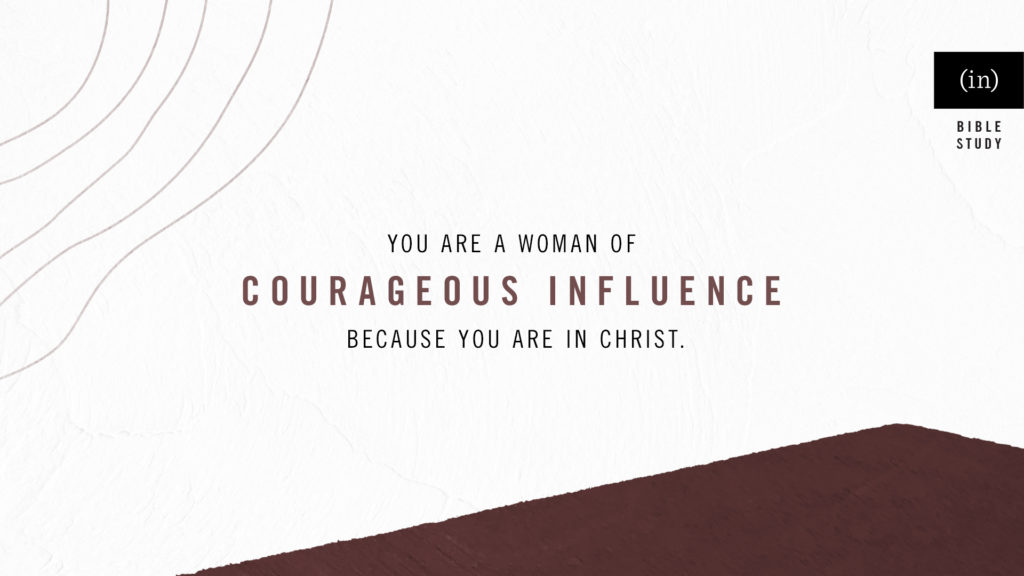
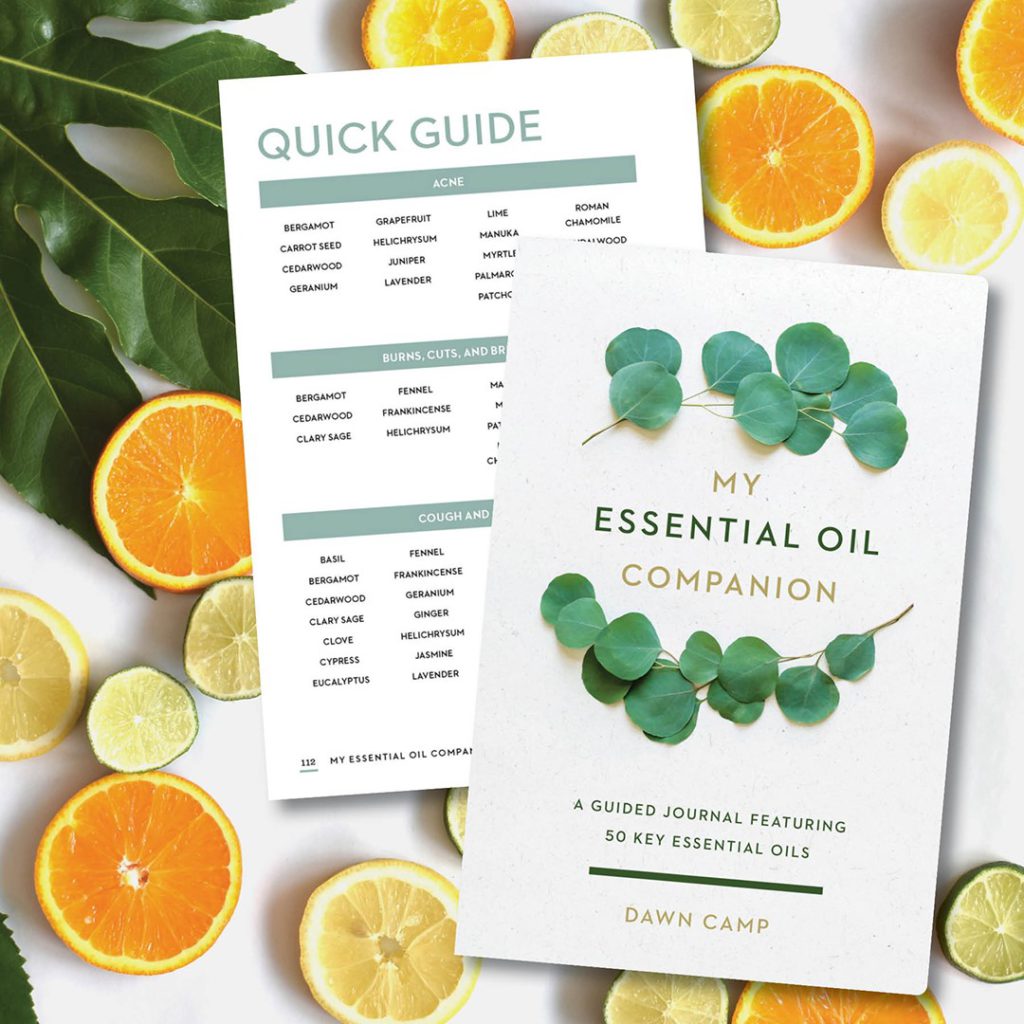
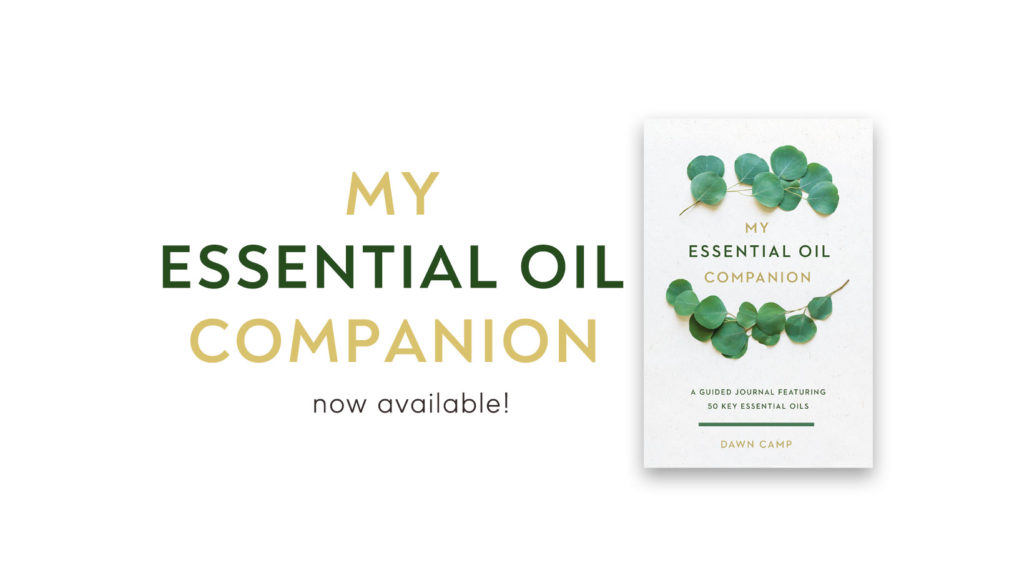 So fun, right? Well, good news — we’re giving away FIVE copies*!
So fun, right? Well, good news — we’re giving away FIVE copies*!